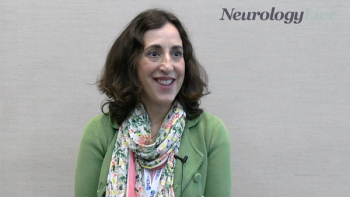
The professor of neurology at NYU Langone Grossman School of Medicine discussed the Women in Neurology session she gave at IFN 2023, where women shared their experiences from their medical careers. [WATCH TIME: 3 minutes]

The professor of neurology at NYU Langone Grossman School of Medicine discussed the Women in Neurology session she gave at IFN 2023, where women shared their experiences from their medical careers. [WATCH TIME: 3 minutes]
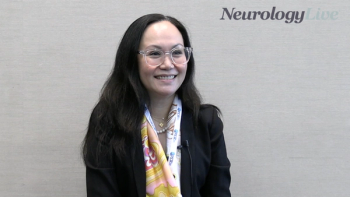
The associate professor of neurology at NYU Grossman School of Medicine discussed her talk at IFN 2023 on advancements in epilepsy treatments, highlighting new medications and surgical options. [WATCH TIME: 3 minutes]

Erin Longbrake, MD, PhD, associate professor of neurology at Yale School of Medicine, discussed the importance of understanding rare autoimmune disorders to effectively design clinical trials and treatment strategies, especially for heterogeneous conditions like NMOSD and MOGAD.
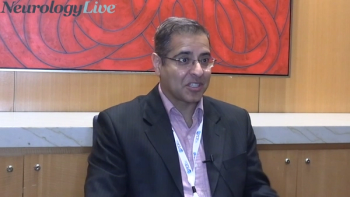
The professor of neurology and resident program director at MedStar Georgetown University Hospital discussed how Parkinson disease motor fluctuations are managed amid new, novel technologies incorporated in the field. [WATCH TIME: 4 minutes]
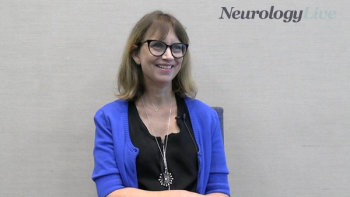
The codirector of the Mount Sinai Epilepsy Program at the Icahn School of Medicine at Mount Sinai talked about the Women in Neurology and Leadership session she spoke in at IFN 2023. [WATCH TIME: 3 minutes]
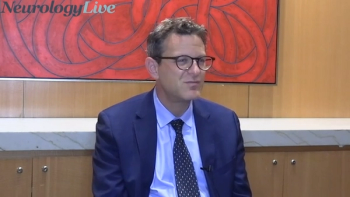
The director of the Center for Brain Health and Alzheimer Prevention Clinic at Florida Atlantic University provided perspectives on the multimodal, multitargeted approach needed to treat Alzheimer disease. [WATCH TIME: 5 minutes]
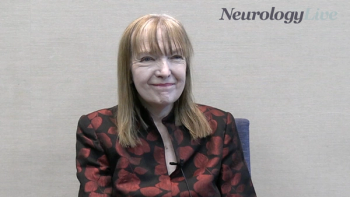
The professor of neurology at Stony Brook University Medical Center discussed the progress observed in the field of multiple sclerosis and the lack of effective treatments for progressive forms of the disease. [WATCH TIME: 3 minutes]

The chief of the Movement Disorders Division at Mass General Hospital provided context on the goals behind the research careers reimagined course at the recently concluded ANA Annual Meeting.
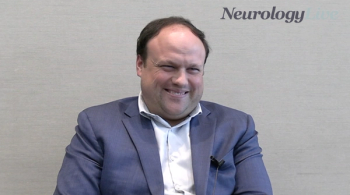
The associate professor of neurology at Vanderbilt University Medical Center discussed the progress in stroke care, focusing on ischemic strokes and cerebral hemorrhages, and their connection with vascular diseases and cognitive disorders. [WATCH TIME: 3 minutes]
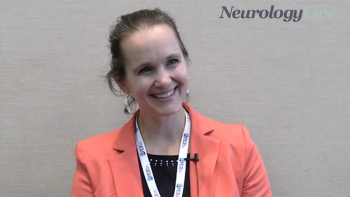
The associate professor of neurology at Yale School of Medicine discussed the differentiation of neuromyelitis optica spectrum disorders and myelin oligodendrocyte glycoprotein -associated disease from multiple sclerosis at IFN 2023. [WATCH TIME: 5 minutes]
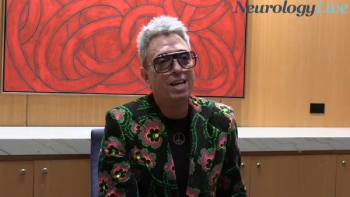
The director of the Duke ALS Clinic at Duke Health provided perspective on the issues with getting newly approved ALS therapies to patients who need them the most. [WATCH TIME: 4 minutes]

Virginia Gao, MD, PhD, a movement disorders fellow at Weill Cornell Medicine, discussed several topics related to the use of biomarkers in the prodromal stages of neurodegenerative disorders like Parkinson disease.
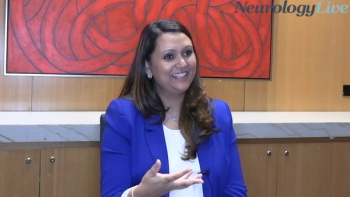
The director of the MedStar Georgetown Headache Center provided insight on the excitement behind PACAP, how it may offer an alternate way of treating migraine, and where research behind it currently stands. [WATCH TIME: 4 minutes]
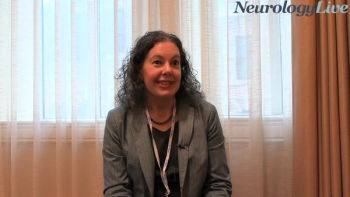
The associate professor at Washington University School of Medicine provided commentary on the state of care for pediatric stroke, and the challenges with identifying the most likely etiology. [WATCH 3 minutes]
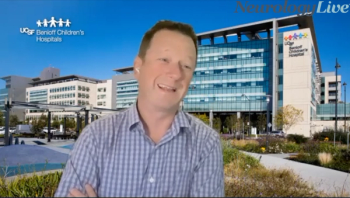
The director of the Pediatric Epilepsy Center at UCSF provided perspective on the advances in the treatment of Dravet syndrome, emerging research concepts in the field, and the influence of genetic testing. [WATCH TIME: 5 minutes]

The associate professor in the department of neurology at the University of Rochester provided insight on her presentation on psychosis in Parkinson disease and related disorders given at the 2023 ANA Annual Meeting.
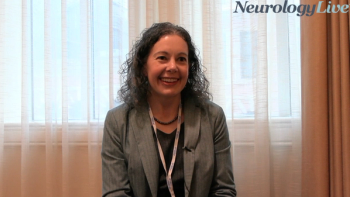
The associate professor at Washington University School of Medicine discussed the reasons for why some institutions have different risk benefit analyses for thrombolysis, and whether this causes challenges for the healthcare system. [WATCH TIME: 4 minutes]

The director of the Pediatric Epilepsy Center at UCSF provided perspective on STK-001, a promising antisense oligonucleotide in development, and the shift in how Dravet syndrome is discussed and managed.

One meta-analysis featuring 8 studies showed that more than half of patients reported a 100% reduction in their generalized tonic-clonic seizures or tonic-clonic seizures.

The genetic epidemiologist at the University of Pennsylvania discussed a recent study that highlighted the importance of diverse samples in genetic research for Alzheimer disease in helping to uncover hidden genetic risk factors. [WATCH TIME: 2 minutes]
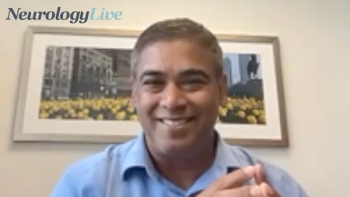
The professor in the department of internal medicine at RUSH Medical College discussed a study aimed to provide insights to help tailor cognitive decline prevention programs and raise awareness about health disparities in minority populations. [WATCH TIME: 5 minutes]
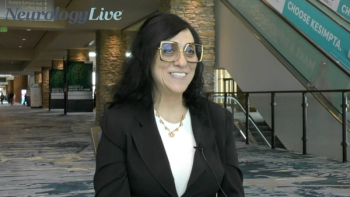
The assistant professor at Hunter College discussed the importance of using a systematic approach to localization and thorough consideration of clinical symptoms to enhance diagnostic accuracy and reduce misdiagnosis in multiple sclerosis. [WATCH TIME: 4 minutes]
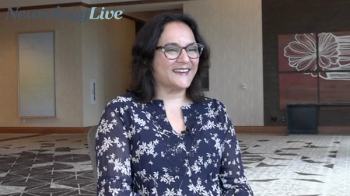
The associate professor of psychiatry at the University of Illinois at Chicago talked about the importance of diverse insight and perspectives from the headache community in shaping medical research priorities. [WATCH TIME: 3 minutes]
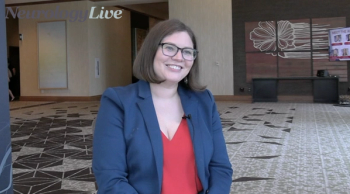
The associate professor at Yeshiva University and Albert Einstein College of Medicine explored the challenge of discussing lifestyle changes for patients with migraine, noting that lifestyle modifications can be a valuable addition to migraine treatment. [WATCH TIME: 3 minutes]

Treatment with diazepam nasal spray resulted in a statistically significant change in time between seizure clusters, potentially reflecting a beneficial effect of intermittent rescue therapy.
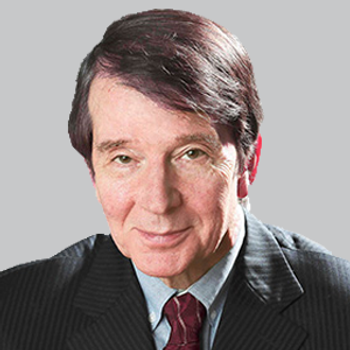
Half of the treated individuals saw a reduction of more than 50% in the number and duration of epileptic spasms following treatment with CER-0001, a ketogenic therapy.
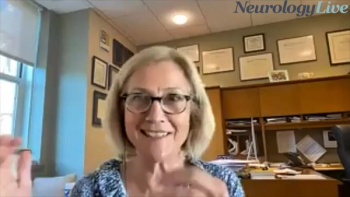
The president of the ANA and the chair of the annual meeting programming committee provided commentary on the advances in neurology and the shift in how clinicians approach and treat diseases once thought to be fatal. [WATCH TIME: 6 minutes]
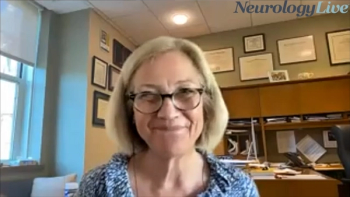
The president of the ANA and the chair of the annual meeting programming committee gave an overview on the various topics and courses the clinical community should home in on at the upcoming annual meeting. [WATCH TIME: 6 minutes]
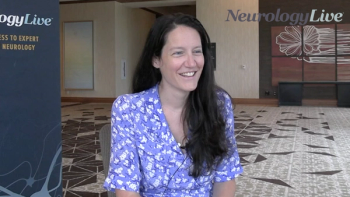
The headache specialist at Hartford Healthcare Headache Center emphasized the importance of avoiding unnecessary fear surrounding the potential link between migraine and dementia, as current evidence does not strongly support it being a significant risk factor. [WATCH TIME: 2 minutes]

Nicolaas Bohnen, MD, PhD, professor of radiology and neurology at the University of Michigan, discussed the main takeaways from his keynote lecture on posture and gait in Parkinson disease presented at the 2023 MDS Congress.